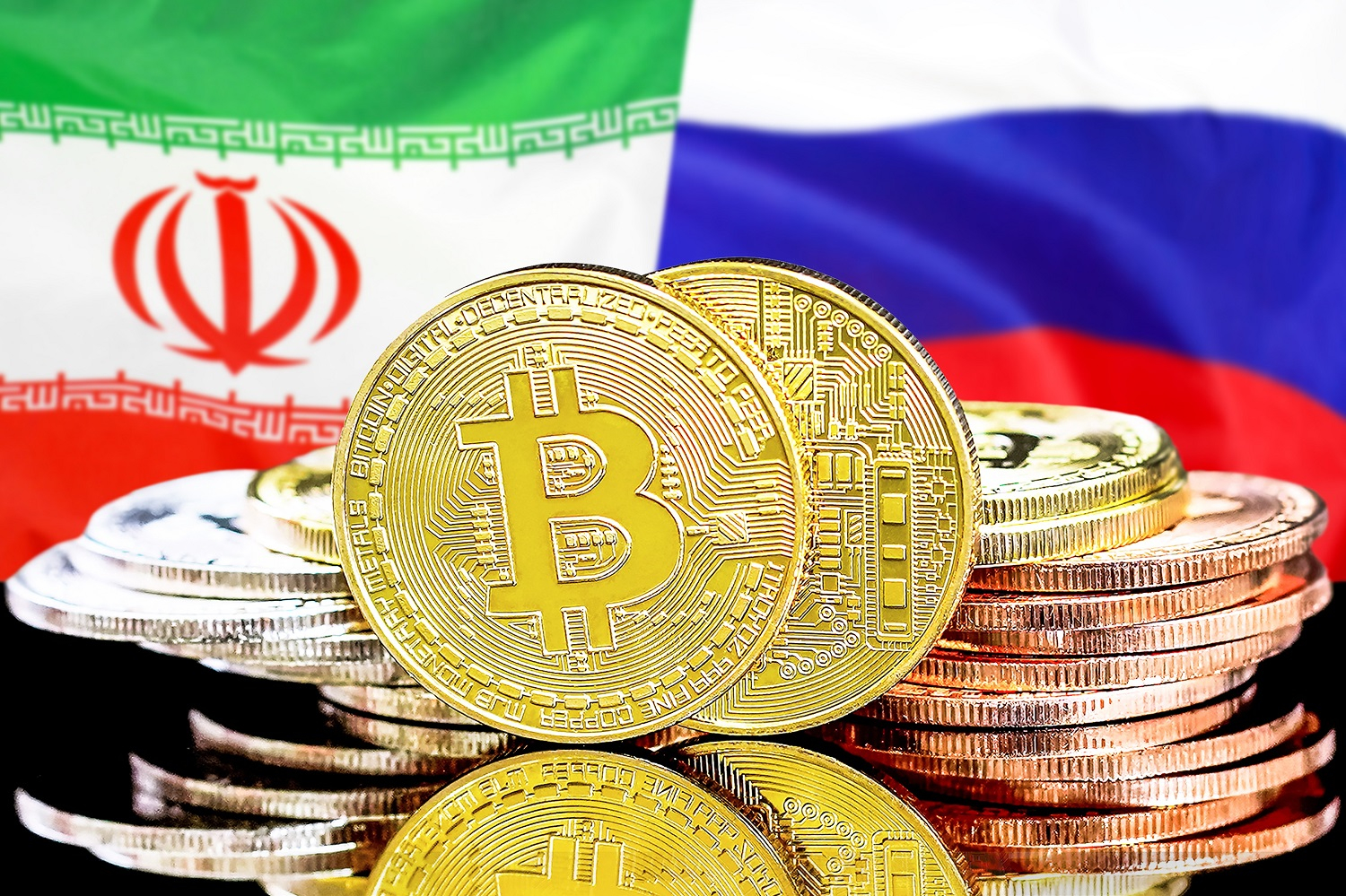Russian and Iranian Crypto Sectors in Cooperation Talks

Russian and Iranian crypto and fintech industry group leaders have discussed ways the nations could use tokens to evade sanctions and facilitate trade.
The talks were held at a summit in Tehran named the International Exhibition of Financial Industries.
A panel discussion on crypto adoption was uploaded to the event’s official channel on the Aparat video-sharing platform.
The panel featured Iranian government officials, such as the head of the Ministry of Information and Communication Technology’s innovation and investment department.
No Russian government officials were in attendance at the panel session.
But one notable speaker was Alexander Brazhnikov, the Executive Director of the Russian Association of the Cryptocurrency and Blockchain Industry (RACIB).
The RACIB is one of the most outspoken and prominent Russian crypto industry organizations.
Also in attendance was the Secretary of the Iranian Fintech Association Mustafa Amiri.
Brazhnikov’s counterpart, the CEO of the Iran Blockchain Association Abbas Ashtiani also attended.
The panel discussed the changing regulatory framework for crypto in Russia and Iran.
Brazhnikov suggested that he expected to see new legislation come into force in Russia by September.
Lawmakers are hopeful of legalizing the use of crypto in international trade, with Moscow frozen out of most USD-powered trade.

Will Russia and Iran Swap Fiat for Crypto?
The Russian Central Bank has explained that it wants to introduce a “pilot” where it can “supervise” trading companies as they conduct crypto transactions under its purview.
Rosbank, one of the nation’s biggest banks, is also reportedly facilitating trade for Russian businesses via a pilot program.
But Brazhnikov suggested that companies that want to trade using crypto instead of fiat need not concern themselves with banking sector regulations.
He said:
“Generally speaking, in this sector, banks are not needed. […] In Russia, as I see it, banks are not needed [to conduct trade deals in crypto]. We have crypto brokerages and crypto exchanges.”
And the RACIB stated that “certain relationships” had already been formed between Moscow-based crypto exchanges and Iranian companies.
Back in February, Russian government officials said they would not be hurried into green-lighting crypto trade between Moscow and Tehran.
But the two nations have previously discussed the possibility of co-launching a gold-pegged stablecoin.
And Moscow has confirmed that several Russian firms are already doing trade in crypto.
These firms appear to have begun crypto-powered trade without waiting for an official “green light.”
The exhibition describes itself as “the largest financial event in the Middle East region.”
And it says that it is “one of the most important gatherings of economic activists in the country.”
Russia is importing supplies from Iran for a domestic factory that would make Iranian-designed drones for the war in Ukraine, the White House says https://t.co/OHWfIqGlb8 pic.twitter.com/HHhg0MBS36
— Bloomberg UK (@BloombergUK) June 9, 2023
Experts have previously claimed that Russia and Iran may have begun crypto-powered trade as early as 2019.
Speaking at a recent Russian financial sector event, an analytics firm claimed that almost $300 million worth of P2P crypto trades is made available on a “daily” basis.
This could undermine the reputation of the nation’s banks, the firm said.
The company claimed that P2P traders and unlicensed crypto exchanges were making use of Russian commercial bank accounts to make crypto sales.









